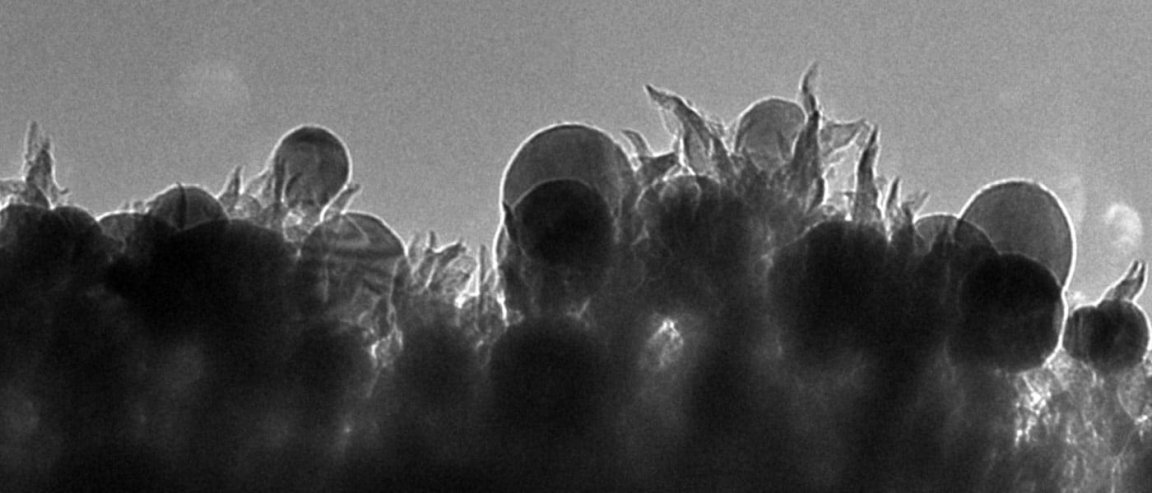
Direct Conversion
Scientists at the Department of Energy’s Oak Ridge National Laboratory have developed a catalyst that “essentially reverses” the combustion of ethanol, directly converting carbon dioxide into ethanol, discussed in a publication in ChemistrySelect.
The discovery was serendipitous. “We discovered somewhat by accident that this material worked,” said Adam Rondinone, lead author of the study. “We were trying to study the first step of a proposed reaction when we realized that the catalyst was doing the entire reaction on its own.”

A catalyst is a compound added to reactive mixes to affect other responses. The team used a catalyst with a novel design of copper nanoparticles embedded in carbon spikes. Applying an electric voltage to carbon dioxide dissolved in water water set off complicated reactions in the microscopic reaction sites on the catalyst surface and yielded ethanol. The researchers report a 63 percent yield recovery.
Renewable and Recyclable
“We’re taking carbon dioxide, a waste product of combustion, and we’re pushing that combustion reaction backwards with very high selectivity to a useful fuel,” Rondinone said. Ethanol is the same type of alcohol found in alcoholic beverages but is also widely used as an additive to motor fuel. It’s commonly sourced from plant material.
The researchers are also enthusiastic about the industrial replicability of the setup, as the technique uses low-cost materials and can be performed in room temperature.
The development is shifting paradigms in fuel use, introducing a way of having “renewable” greenhouse gases. Carbon dioxide takes up 65 percent of global greenhouse gas emissions, belched out primarily by fossil fuel and industrial processes. Carbon capture is the most commonly used technology to regulate emissions by keeping it from reaching the atmosphere by turning carbon dioxide and particulate combustion residue into solid waste—a waste-to-waste process. Catalytic conversion of waste carbon dioxide presents a waste-to-fuel alternative that is truly valuable to us today.
This certainly gives “recycling” a new depth of meaning.